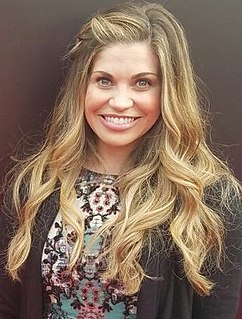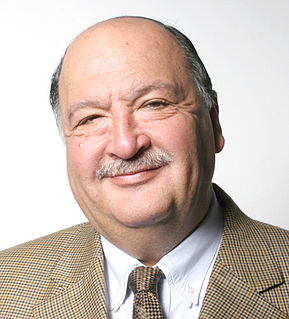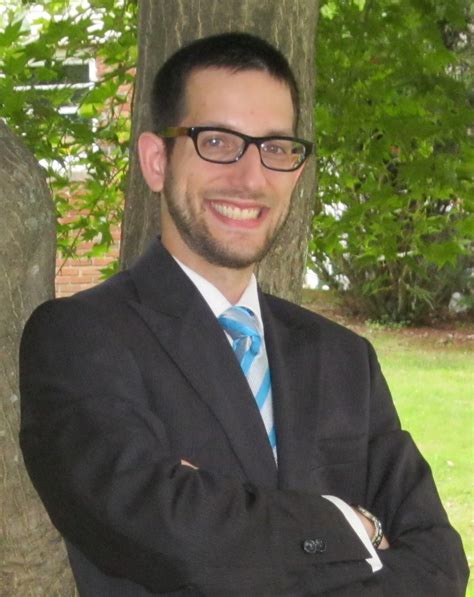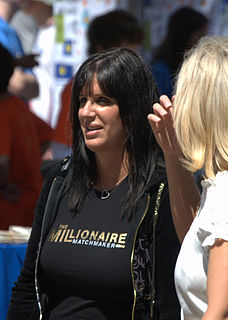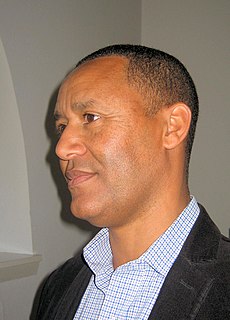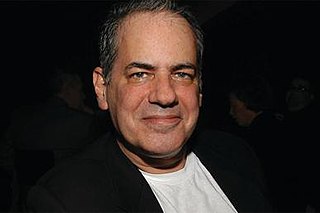Цитата Мэри Джо Путни
мы все растем, думая, что наши родители нашли нас под капустными листьями, и что секса не существовало до нашего личного совершеннолетия.
Связанные цитаты
Родитель не делает все за своего ребенка. Родитель, который делает все для своего ребенка, рождает неуверенного в себе ребенка. Если бы наши родители все регулировали за нас и не позволяли нам делать что-либо самостоятельно или вмешивались каждый раз, мы все выросли бы полностью зависимыми. Причина, по которой мы вырастаем здоровыми взрослыми, заключается в том, что наши родители играли в эту игру, возлагая на нас ответственность, дисциплинируя нас, когда это необходимо, позволяя нам пробовать, позволяя нам терпеть неудачи.
У большинства из нас нет матерей, которые проложили бы нам путь — по крайней мере, не до конца. Достигнув совершеннолетия до или во время зарождения женского движения, будь то работающие родители или домохозяйки, замужние или разведенные, наши матери сталкивались с загадками — какими они должны быть? как они должны действовать? - это стало нашей неуверенностью.
Мы живем в необычное время. Мы захвачены темпом социальных и технологических изменений, которые превращают нашу работу, наш бизнес и образование в источники беспокойства и неудовлетворенности. Размышляя о своем мышлении и наблюдая за своими наблюдениями, мы можем открыть для себя новый мир, в котором работа становится местом для инноваций и в котором могут существовать мир, мудрость, дружба, товарищеские отношения и общность. Давайте создадим этот мир вместе.
Мы растем, потому что шумное, постоянное присутствие наших детей заставляет нас ставить их потребности выше наших. Мы растем, потому что наша любовь к нашим детям побуждает нас меняться так, как ничто другое в нашей жизни не в силах это сделать. Мы растем (если хотим расти, то есть не все родители этого хотят), потому что быть родителем помогает нам перестать быть ребенком.
Каждый из нас является следующим шагом в эволюции по линии, созданной нашими двумя родителями. Наша высшая цель на земле может быть найдена путем признания того, чего достигли наши родители и где они остановились. Примирив то, что они дали нам, с тем, что они оставили нам решать, мы можем получить четкое представление о том, кто мы и что мы должны делать.
Наше невероятное замешательство (разлука с дикой природой) не позволяет нам увидеть, что многие наши личные и глобальные проблемы в первую очередь являются результатом нашего нападения и отделения от естественного процесса творения внутри и вокруг нас. Наше отчуждение от природы оставляет нас желать, а когда мы хотим, этого никогда не бывает достаточно. Наше ненасытное желание называется жадностью. Это основной источник нашей разрушительной зависимости и насилия.
Большинство из нас стали экозомби, десенсибилизированными экологическими тупицами. В среднем общество принуждает нас проводить более 95% нашего времени и 99,9% нашего мышления в отрыве от природы. Крайнее отсутствие природы в нашей жизни оставляет нас брошенными и нуждающимися. Мы чувствуем, что нам никогда не хватает. Мы жадно, разрушительно потребляем и не можем остановиться. Потеря природы в нашей душе порождает боль, жажду и пустоту внутри нас, которые загоняют нас в наши дилеммы.
Я уже говорил это раньше и скажу еще раз: мне всегда кажется, что мы познаем своих однополых родителей посредством телесного и непроизвольного; путем своего рода окаменения наших собственных физических слоев. По мере того, как мы становимся похожими на наших отцов, мы вновь встречаемся с человеком, который нас воспитал.
В возрасте трех лет, если у вас все еще растущий мозг, это человеческое поведение. У шимпанзе к трем годам мозг сформирован более чем на 90 процентов. Вот почему они очень легко справляются с окружающей средой после рождения — во всяком случае, быстрее нас. Но у людей мы продолжаем растить свой мозг. Поэтому нам нужна забота родителей.
Мы были детьми бегства белых, первым поколением, выросшим в послевоенных американских пригородах. К тому времени, когда наступили 60-е годы, многие из нас, особенно геи, стремились развернуться и полететь в обратном направлении. Независимо от того, устарел город или нет, мы не могли представить наше личное будущее в какой-либо другой форме. Улица и линия горизонта значили для нас то же, что лужайка и шоссе для наших родителей: место, где можно дышать свободно.


